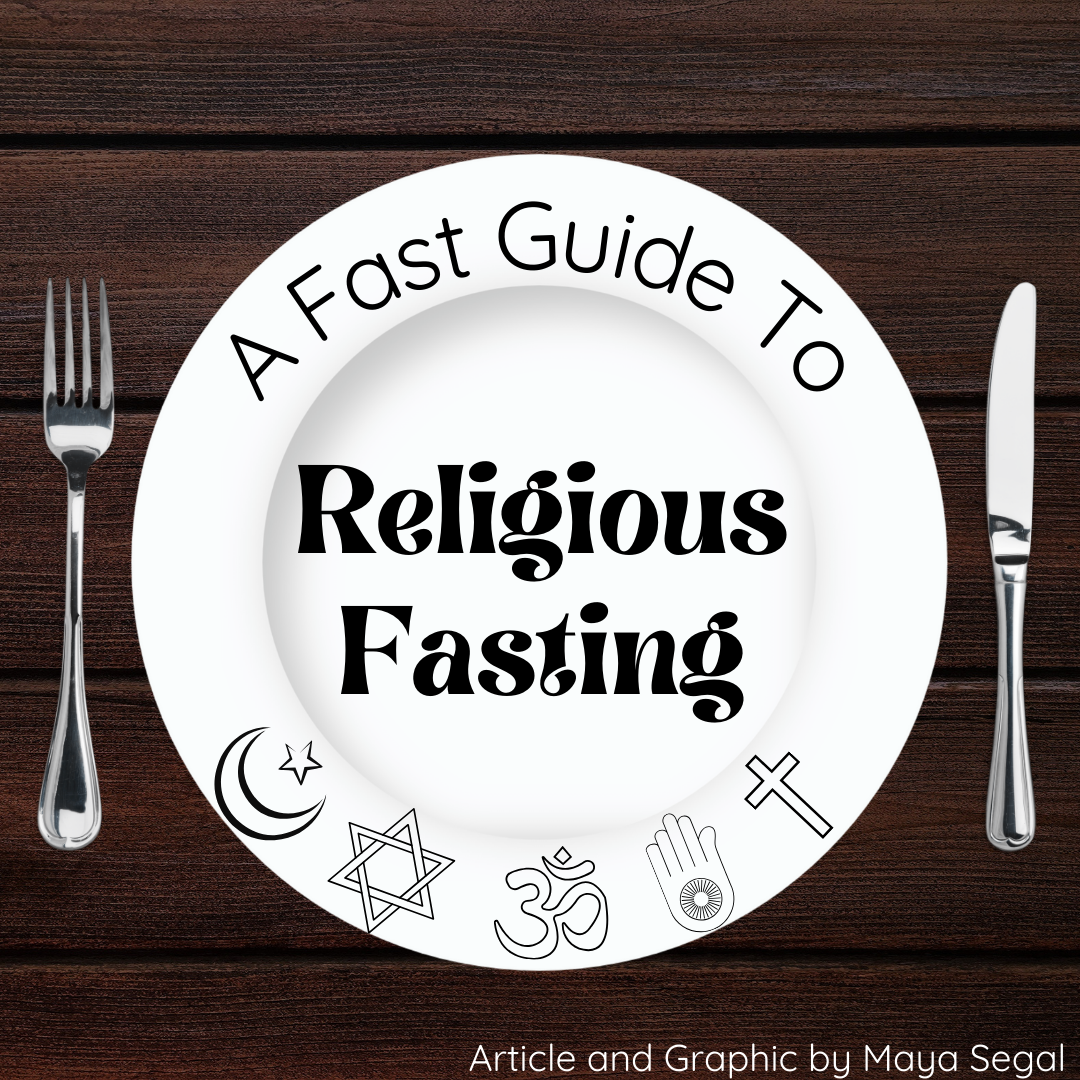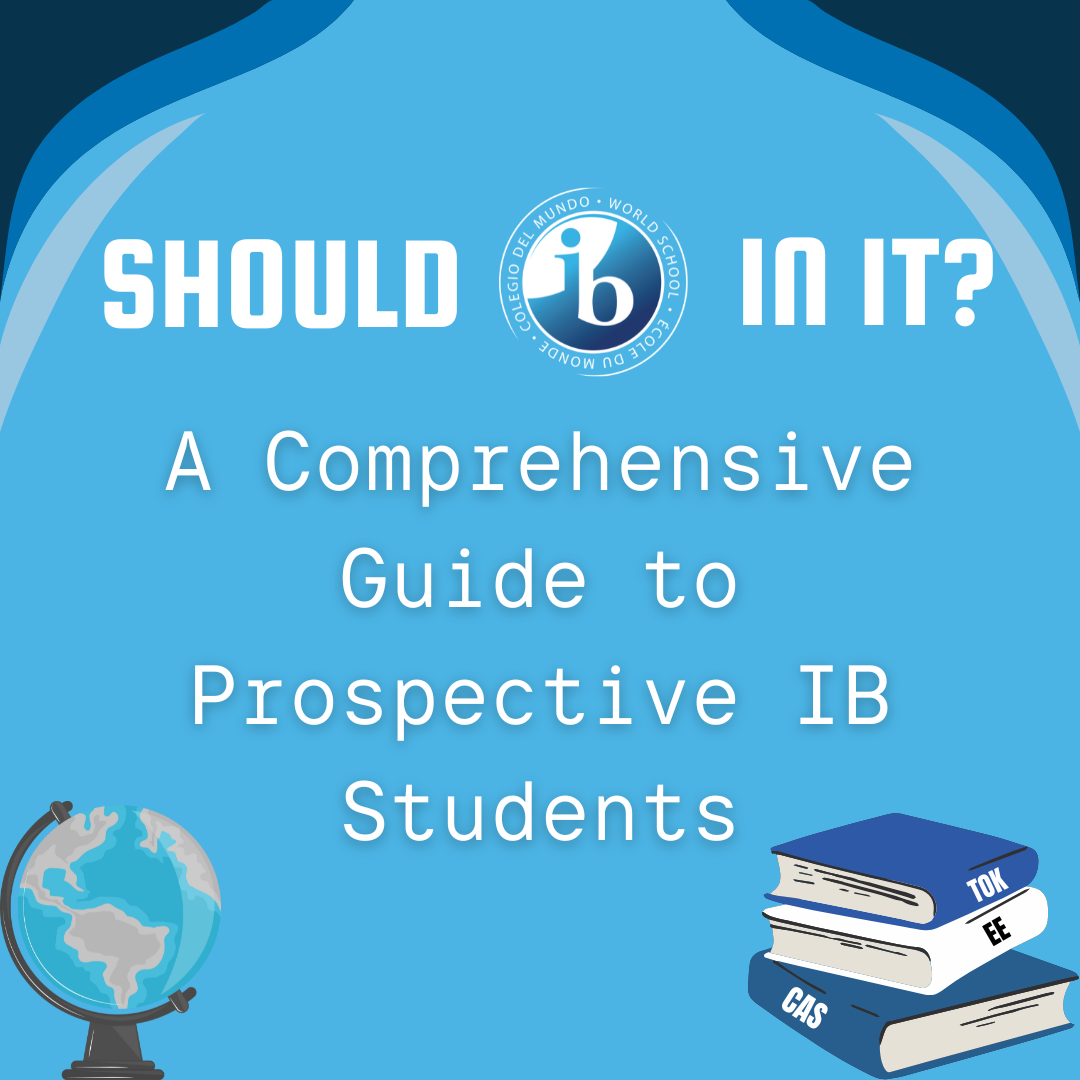An entire day without food? No sustenance from sun up to sun down? No fried foods? No water? To all the Enloe students who constantly snack throughout classes, these restrictions may sound like a unique form of torture. However, fasting is actually a common practice for many people who partake in the activity for a variety of religious purposes.
A religious fast is when people abstain from foods, beverages, or certain luxuries, either in their entirety or just specific items, for spiritual reasons. 27% of respondents to a poll on the Eagle’s Eye Instagram account said that they do religiously fast, but many of these fasts go unrecognized.
The religions of Buddhism, Christianity, Islam, Judaism, Taoism, Jainism, and Hinduism all practice fasting in unique ways.
When people consider fasts, many think of full fasts, as in no food or water at all for a certain length of time. Mona Saeed, Vice President of Enloe’s Muslim Student Association, says that Muslims “typically fast during the month of Ramadan… and we abstain from food and drink from dawn to dusk… so no water, no food, nothing.” Achieving this requires some serious willpower, and not just by ignoring hunger. Many Enloe students complain about how early they have to get up for school, but during Ramadan, “We wake up around three a.m. and we eat as much as we can before we have to pray,” describes Saeed. Being at school during the fasting period is hard because “you have to keep up your energy without eating the whole day, and especially during lunchtime, it’s really awkward.” Once sundown hits, “you have to say a little prayer before you eat… and that breaks your fast completely, and then you can eat normally after that.” This fasting routine lasts for roughly 30 days and is followed by a celebration called Eid. Ultimately, Saeed remarks, “The whole reason we’re doing this is to brighten our relationship with God, and I want people to respect that… I don’t want people to lessen the worth of fasting just because they think it’s unhealthy or not right.”
Another religion that partakes in full abstinence from food and drink is Judaism. Jews fast on Yom Kippur, which is ‘the day of atonement’. “You say sorry for all of the sins you’ve done towards people and you repent by fasting,” explains Hannah Fredlin, programming chair of Enloe’s Jewish Culture Club. The Jewish day begins and ends at every sundown, so the fast lasts from “sunset of the night before to sunset of that day.” During this time, no food or water is allowed. In a time when people seem quick to hate and judge, Fredlin thinks “it’s important to understand why cultures [fast]… that there’s actually a purpose behind it… to have time to reflect on your year and see what you can do better.”
Ishita Bafna, a sophomore, also finds it important to understand the purpose behind the choice of fasting. But as a Hindu and Jain, her fasts are very different. Jainism, an offshoot of Hinduism, “puts a lot of focus on morality and simplicity,” describes Bafna, and has one main fast a year called Paryushan. Observers don’t eat while the sun is down, and “when you are eating, you don’t eat fruits, green vegetables, or anything that grew in the ground.” This is in addition to no meat or eggs, which Jains avoid all year round. Paryushan also requires lifestyle changes and prohibits cutting hair or nails, taking showers at night, or even accidentally killing a bug. “You also have to not be wasteful. There’s a lot of social aspects to the fasting as well.” Bafna points out that it is still dark when she leaves for school in the morning, meaning that she can’t eat, making it “really difficult to get breakfast or any nutrition before lunch.” In general, being at school while fasting is hard, even if it’s not a complete fast. “At home, there’s all the things you know you can eat. But when you’re at school or when you’ve been out, that’s when it really starts to become a problem,” Bafna acknowledges.
Keerthana Karthikeyan, President of Enloe Indian Culture and Performing Arts Club, is also Hindu and agrees with Bafna that Hinduism is very diverse, with multiple paths that followers can take when it comes to fasting. “Fasting for us is more of a cleansing thing…my family specifically we don’t eat meat on Fridays,” Keerthana says. Her family fasts for the God Ayyappa, which means that men in her family fast for 41 days at the end of the year. “You follow strict rules… you can’t eat oily foods, you have to always think about the God, and you can’t watch super aggressive movies… It’s a way of regulating yourself.” There are other rules too, specifically regarding menstruation. The men who are participating in the fast can not eat food cooked by people on their period or even be touched by them. At the end of the 41 days, those who fasted travel to an Ayyappan temple, with the closest one to Raleigh located in Washington, DC. But the purpose of the fast isn’t just the trip at the end. Keerthana notes that “it’s about going through this journey that helps you purify your mind, body, and soul.”
The Christian holiday of Lent, observed by all denominations, but especially Catholics, involves less intense fasting. This can include meatless Fridays and giving up pleasures, such as candy, alcohol, or social media, in order to practice self-control.
Being aware of these fasts can provide insight into the lives of your friends and help you better understand their culture. If you want to know more about what you can do to support a friend who is fasting, ask them! People are usually happy to talk about their experiences and what it signifies to them, especially when it comes to such a misunderstood and overlooked topic.








